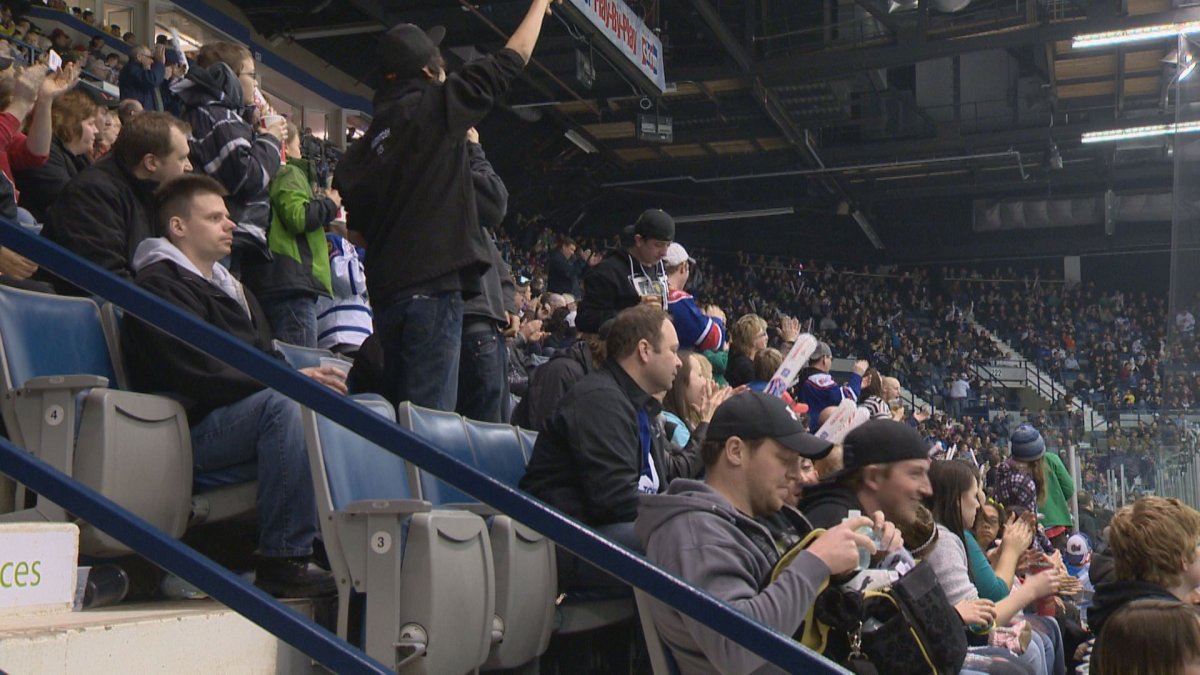REGINA – The junior hockey fan experience is all about the sights and sounds of game night.

But the goals on the ice begin with moves in the board room.
“It used to be you could almost get away with a mom-and-pop operation, and those days are so far gone,” said Regina Leader-Post sports columnist.
There’s nothing junior about Western Hockey League teams – except for the players. The clubs are major business operations with multi-million dollar budgets.
In Moose Jaw, one of the league’s smallest markets, it took a new arena in 2011 to help ensure financial stability. The Warriors had played 26 seasons in the Moose Jaw Civic Centre, affectionately known as the “Crushed Can”.
“If we were going to keep the Moose Jaw Warriors there and be competitive in this league, you need money and you need revenue,” said Warriors president Chad Taylor. “We just couldn’t generate enough revenue (at the Civic Centre) to remain competitive.”
It wasn’t that long ago Regina and Saskatoon were the “big boys” of the WHL – among the only markets of more than 200,000 people. Calgary, Edmonton and Vancouver are all successful junior hockey cities today, backed by deep pockets.
For others, staying in the black isn’t always easy.
“Just to operate on tickets and marketing alone, you have to have a good year,” former Regina Pats owner Russ Parker said on April 23. “You really have to have a little bit of playoff success.”
There hasn’t been a lot of that in Regina. The Parker family sold the Pats after 19 years, after being one of the last family-owned clubs.
Teams like the Lethbridge Hurricanes are facing pressures of community ownership – with mounting losses at the box office and on the ice.
“(Lethbridge is) having some challenges right now, not unlike many other franchises in the WHL, that have gone through this,” said WHL commissioner Ron Robison on Wednesday. “We’re hopeful they can turn things around soon.”
It’s happened in other cities – the community-owned Warriors may be a shining example of that.
But like a good comeback-victory, longtime observers like Vanstone have seen the momentum shift.
“It’s a tougher battle than ever,” Vanstone said. “(Big market) teams simply have the financial wherewithal that other teams simply don’t have, even if you do everything right every year.”


Comments